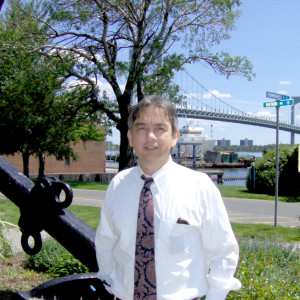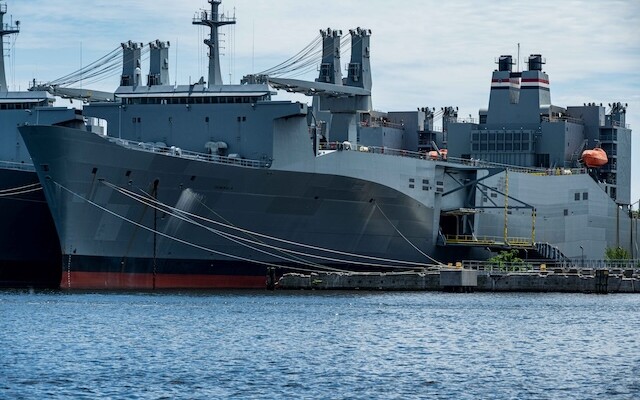The March 2024 Francis Scott Key Bridge accident has heightened the maritime community’s alertness in tracking large commercial vessels in confined waters. On Aug. 2, 2024, the 55,000-ton vessel Denebola lost steering after leaving Baltimore for Beaumont, Texas. Reacting promptly, the Maryland Transportation Authority closed traffic on the Chesapeake Bay Bridge.
Fortunately, the steering issue was resolved and the ship continued toward its final rendezvous with the breaker’s torch. Although the incident was uneventful, failures involving propulsion, steering, or towing gear can sometimes be catastrophic, as in the case of a parted towline that caused American Star to founder on the shores of the Canary Islands in 1994. Readers may prefer to remember that ship’s better days as SS America, smaller cousin of SS United States. Although America proudly carried the same livery and sampan funnels of her younger running mate, it was “Big U” that shattered speed records with her 240,000 horses.
But getting back to the issue at hand, when large vessels suffer loss of power or steering that results in damage, it’s likely that the incident will receive close scrutiny. The 2004 grounding of the bulk carrier Selendang Ayu illustrates this. En route from Seattle to China, Selendang Ayu encountered violent sea conditions after transiting the Straits of Juan De Fuca. In the Bering Sea, she suffered a crack in the no. 3 cylinder of the main engine, resulting in a loss of power that caused her to founder off Unalaska Island.
The U.S. Attorney believed that thermal loading related to failing to adequately clean and seal the cylinders was a major cause of the crack, aggravated by poor adjustment of variable injection timing and turbocharger issues. The exhaustive investigation included input from the NTSB, Coast Guard, FBI, and other agencies. This ultimately resulted in guilty pleas to violations of the Refuse Act and the Migratory Bird Treaty Act.
That prosecution shows that when the stakes are high, courts can become very technical in scrutinizing failures in main plants and auxiliary systems. And while Denebola’s voyage here was fortunately uneventful, her capabilities were definitely worth remembering. Part of the Algol-class of Fast Sealift Ships, Denebola and her sisters trace their roots to the SL-7s, Sea-Land’s impressive family of 33-knot container ships that appeared in the 1970s.




